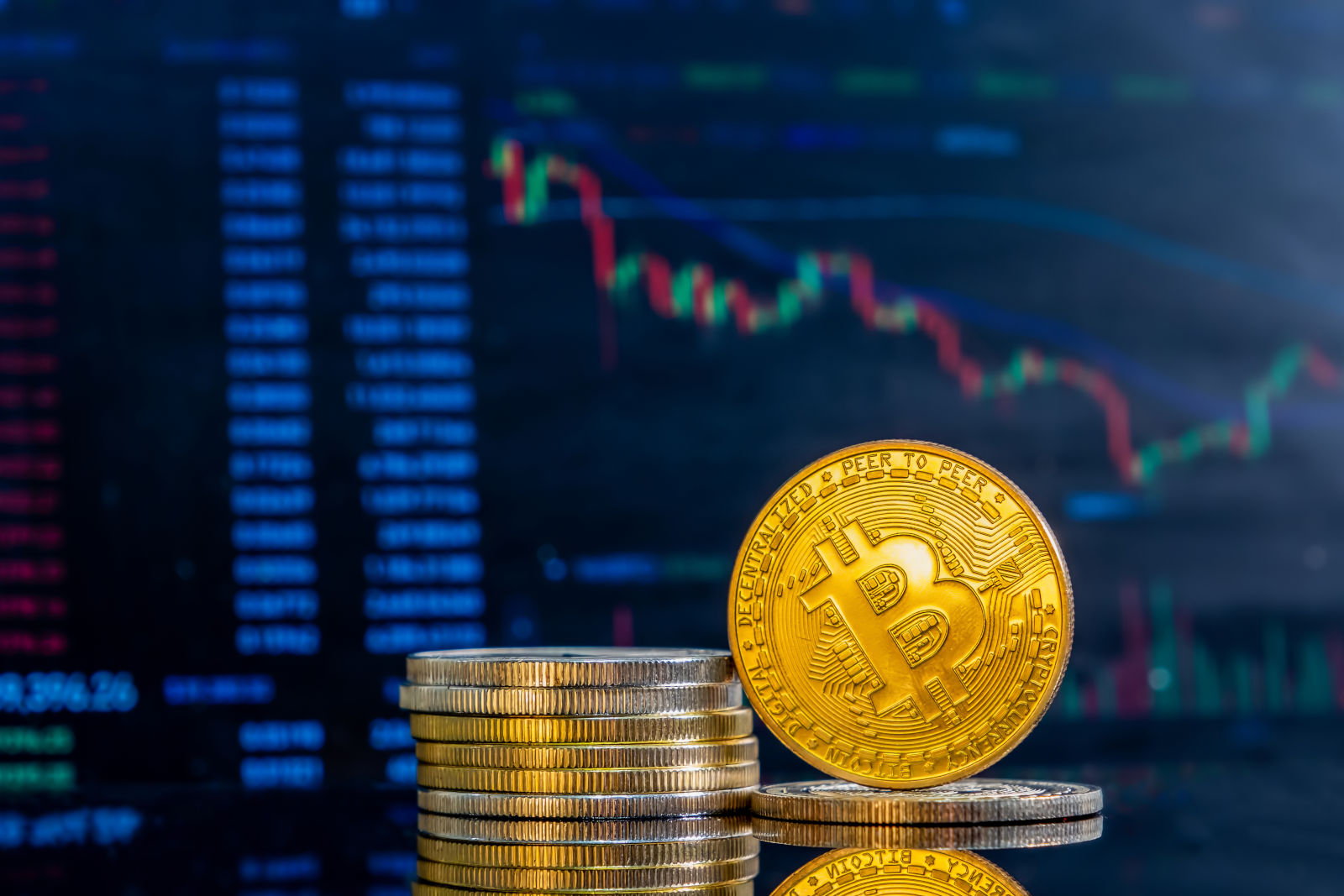Information on where and how you can buy Bitcoin. It depends on your location and some other factors. It has become easier over the years, but for some it’s still a challenge.
First things first
Read our stay safe advice, don’t fall for scams.
If you have a trusted close family member with experience on this topic, it may be a good idea to ask for guidance.
It is strongly recommended to first make a small test transaction, then if it all worked fine and the commissions are acceptable to go larger with a second purchase. Transactions are final, there is no undo.
Types of places to buy from
Your options are:
- Crypto exchange
with a credit card (expensive fees, limited amounts)
by first loading your account with a bank transfer, for example a SEPA transfer in Europe (cheapest fees) - Buy in your stocks portfolio
- Buy on a mobile app broker portfolio
- Buy on a decentralized exchange (for experts only)
- Buy directly from another person (not recommended)
Challenges
In some countries it is still a challenge to buy Bitcoin, or to buy Bitcoin worth more than a few hundred Dollars. Some places and apps have limits on how much you can transact per time, per day etc., so if you want to buy a lot, it might not work right away.
If you have an investment portfolio with stocks, maybe it allows you to buy Bitcoin. Maybe not. This depends on the country you are in, the broker you are using, the settings of your portfolio.
There are well known and respected Exchange companies especially for crypto currencies. These allow buying Bitcoin for fiat currency such as USD, EUR etc., and trading for other crypto assets. Most of them have country-specific restrictions. Depending on your location, your selection of options may be different: whether you can use the exchange at all, if you can buy by credit card, if you can load the account with a bank transfer, which fiat currencies can be used.
Even in the year 2022 it still happens in some countries that banks block money transfers to Exchange companies, sometimes blocking the owner’s bank account, and in some cases even terminating the customer relationship and closing the account. This is done partially in the name of “protecting the owner”.
Imagine where the price of Bitcoin could be if this asset was freely accessible world wide.
1-bitcoin-per-child.com
KYC
KYC stands for Know Your Customer, and is often but not always required by exchanges when creating an account or before buying crypto, or when going above a certain amount. KYC means identifying as a person by uploading photos of the passport etc., and it can take anywhere from a few minutes to a few days to be approved, often involving a human on the other side to verify the data manually. Exchanges do this because jurisdiction requires them to do so, to reduce fraud and money laundering.
Give me the link
On this page you learn the basics of what the options are and what to look for. The authors do not endorse or recommend one specific way, but urge the buyer to make the decisions on his own. After all we are not giving financial advice, all information here is for educational purpose only.
Here is a list of places that have gained trust and are used by the authors themselves. All links here go to their respective Wikipedia pages only, and on Wikipedia you can find the link to the company websites. You should at least read the Wikipedia article about a company before trusting it with your money.
Exchanges:
- Binance – lowest fees, has a separate company and website for the US
- Coinbase – relatively high fees
- Kraken, OKX, Crypto dot com, Kucoin, Gate dot io, and many more.
Not recommended by the authors, but possibly an option for you, are Robinhood and PayPal.
↝ Continue reading: Resources

